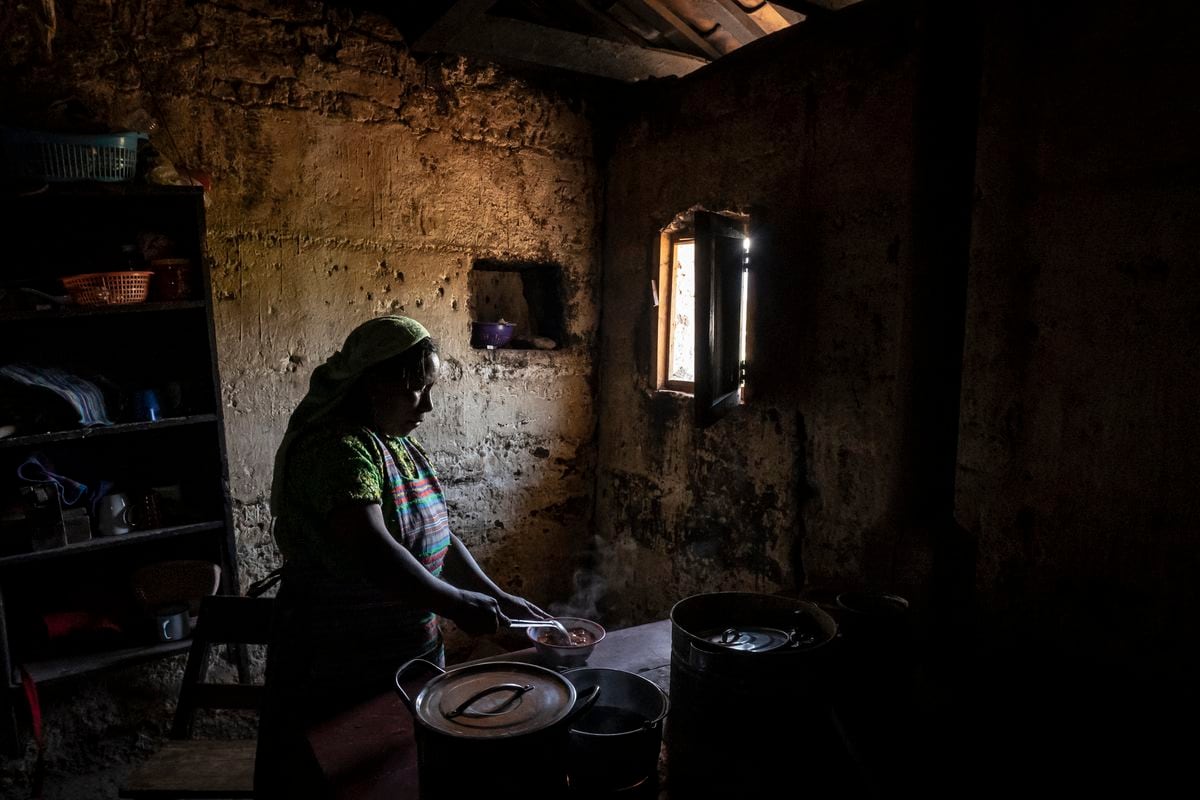The countries that comprise the Latin American and Caribbean region obtained a score of 0.763 in the most recent Human Development Index (HDI) of the United Nations Development Program (UNDP).
In its flagship report, the organization noted that, although the score improved slightly, the region has not been able to surpass the 0.768 it had before the covid-19 pandemic deteriorated access to health, education and quality of life.
“We are not very resilient,” said Michelle Muschett, director for Latin America and the Caribbean of UNDP at a press conference, referring to the region. “Our ability to recover from the shock we have suffered in terms of human development is not resilient enough to recover that place where we were in 2019,” he added.
The Index, which measures average performance in three dimensions: a long and healthy life, knowledge and a decent standard of living, rates 1 as the maximum development and 0 as the minimum.
Among the five regions into which the UNDP divides the world, Latin America occupies third place.
New uncertainty is disrupting lives around the world and hampering human development, the report says.
Globally, the Index fell for the first time in history, in both 2020 and 2021. It has since recovered to reach a record high expected in 2023, but remains below trend.
Furthermore, “the global figure masks a disturbing divergence between countries: all countries in the Organization for Economic Co-operation and Development (OECD) are projected to have recovered, but only about half of the least developed countries will have done so. ”.
Behind the averages hide the differences between one country and another.
In total, 12 Latin American countries have been able to recover the level of development prior to the pandemic, some of them exceeding pre-pandemic levels.
Mexico, for example, raised its score from 0.758 to 0.781, and climbed from 86th to 77th place. Chile, the most developed country in the region, improved its score to reach 0.860 and ranked 44th in the world.
But 21 countries in the region have not yet been able to recover the level of development they had before covid-19, the UNDP reported.
This has to do with a global phenomenon, explained Pedro Conceicao, director of the UNDP Human Development Report office.
Two-thirds of the world's population feel that their voice is not heard, while the percentage of the population who say democracy is the preferred form of government fell from 60% in 2000 to 48% in 2023.
“When polarization arises, the common factual basis for carrying out the debate, the political debate and the intellectual debate is lost,” said Conceicao, “In the international context, what seems to happen is that cooperation becomes polarized and becomes subject also to this polarization.”
Public policies do not advance, which has an impact on people's quality of life.
Follow all the information on
Economy
and
Business
on
and
X
, or in our
weekly newsletter

